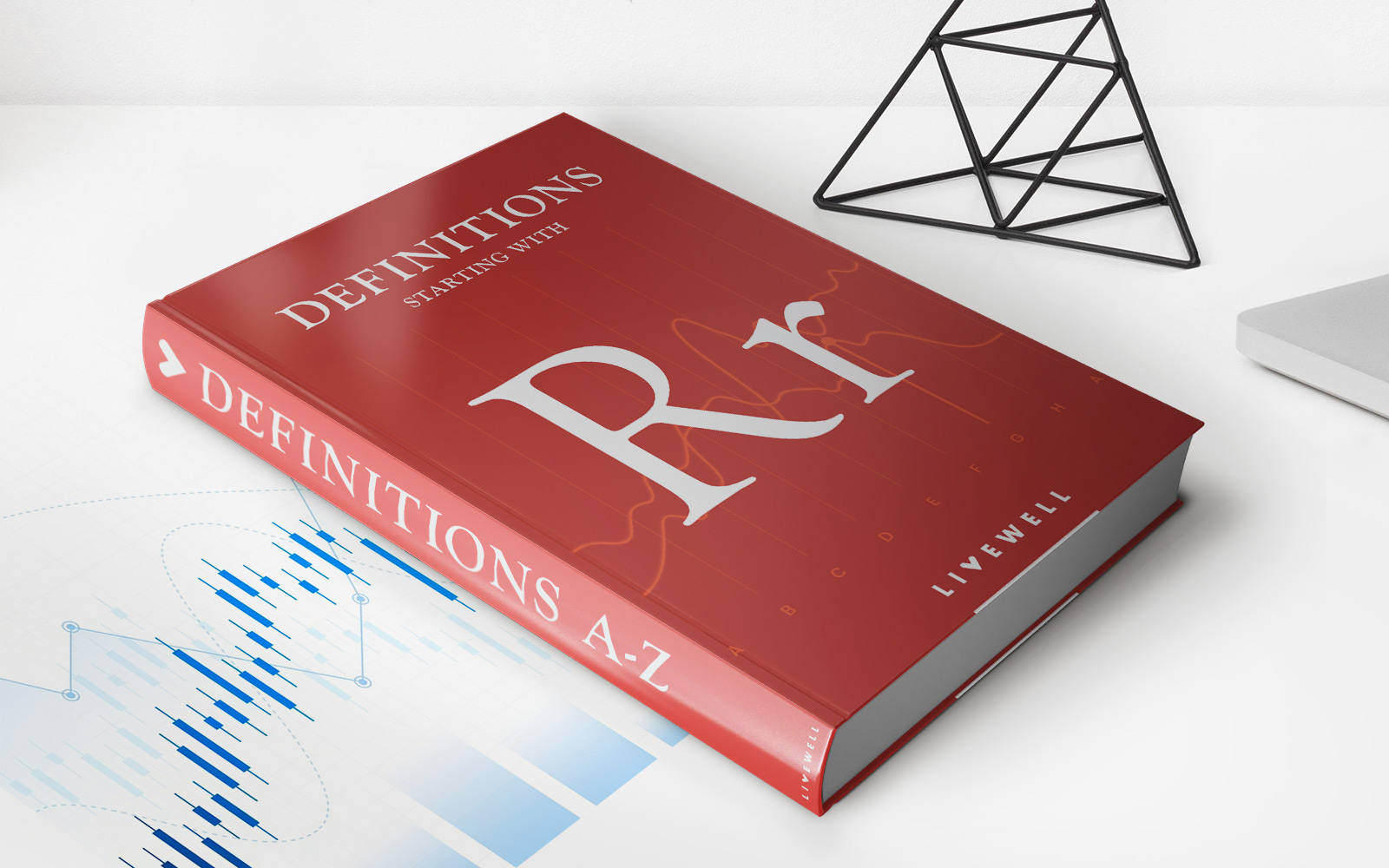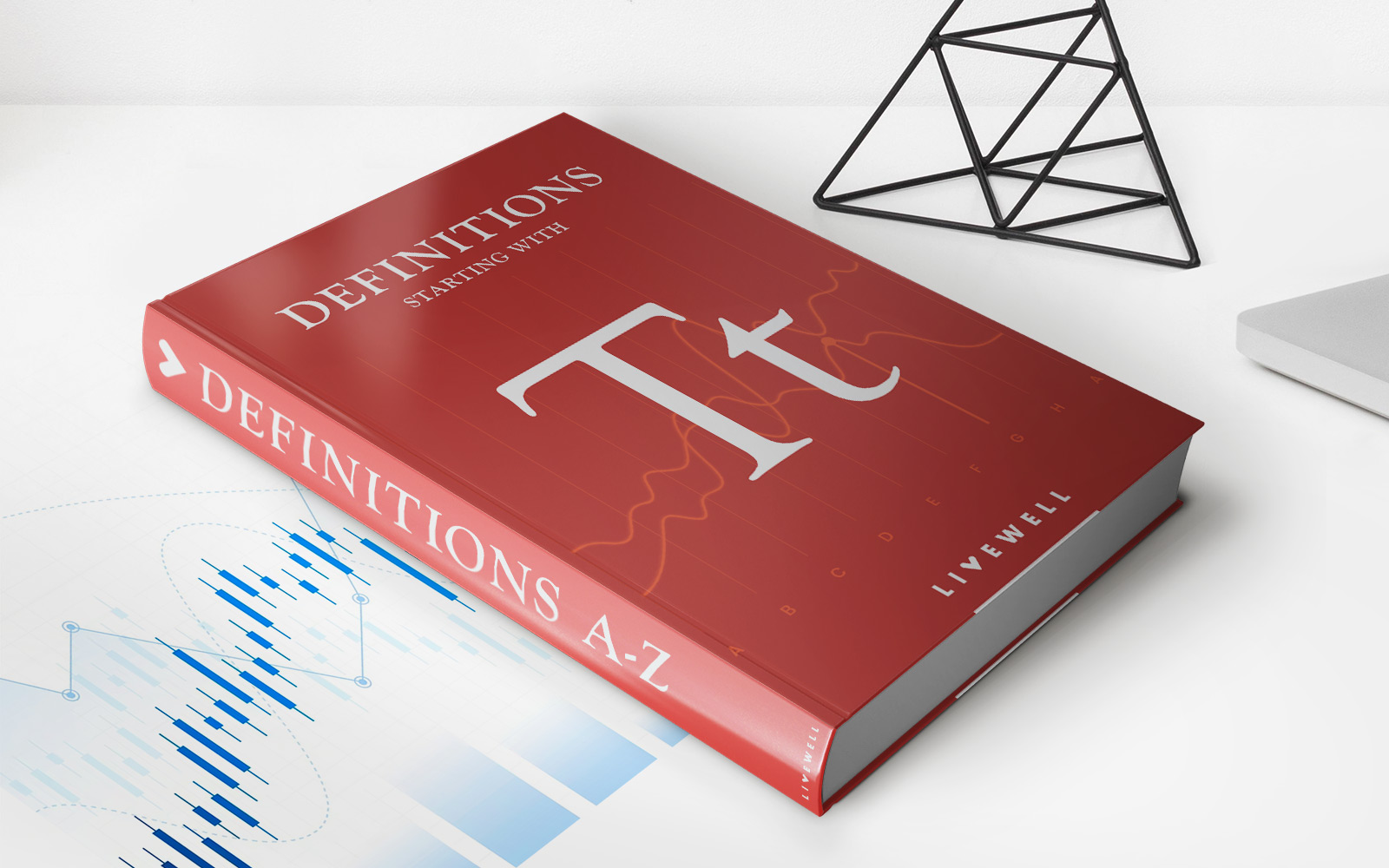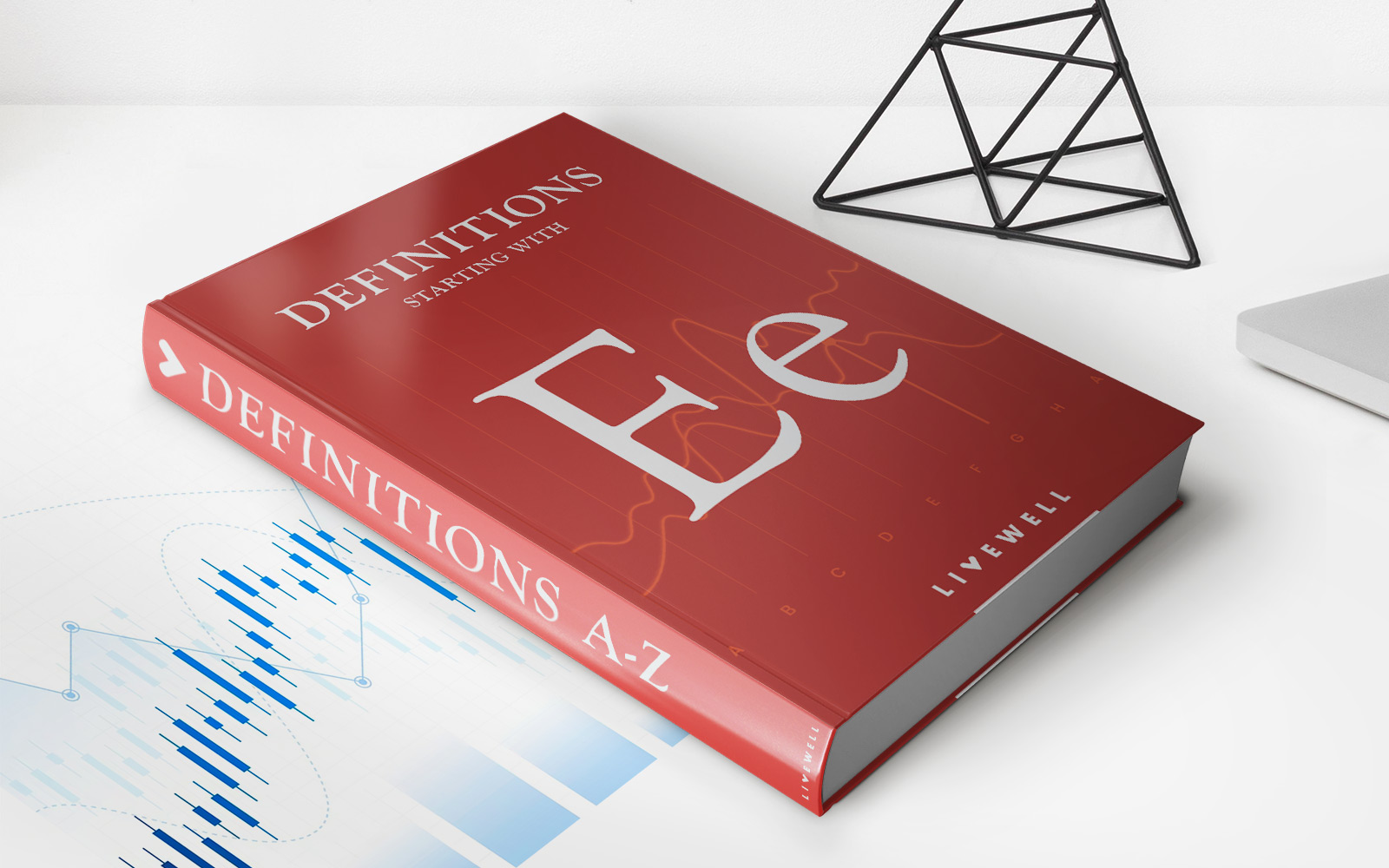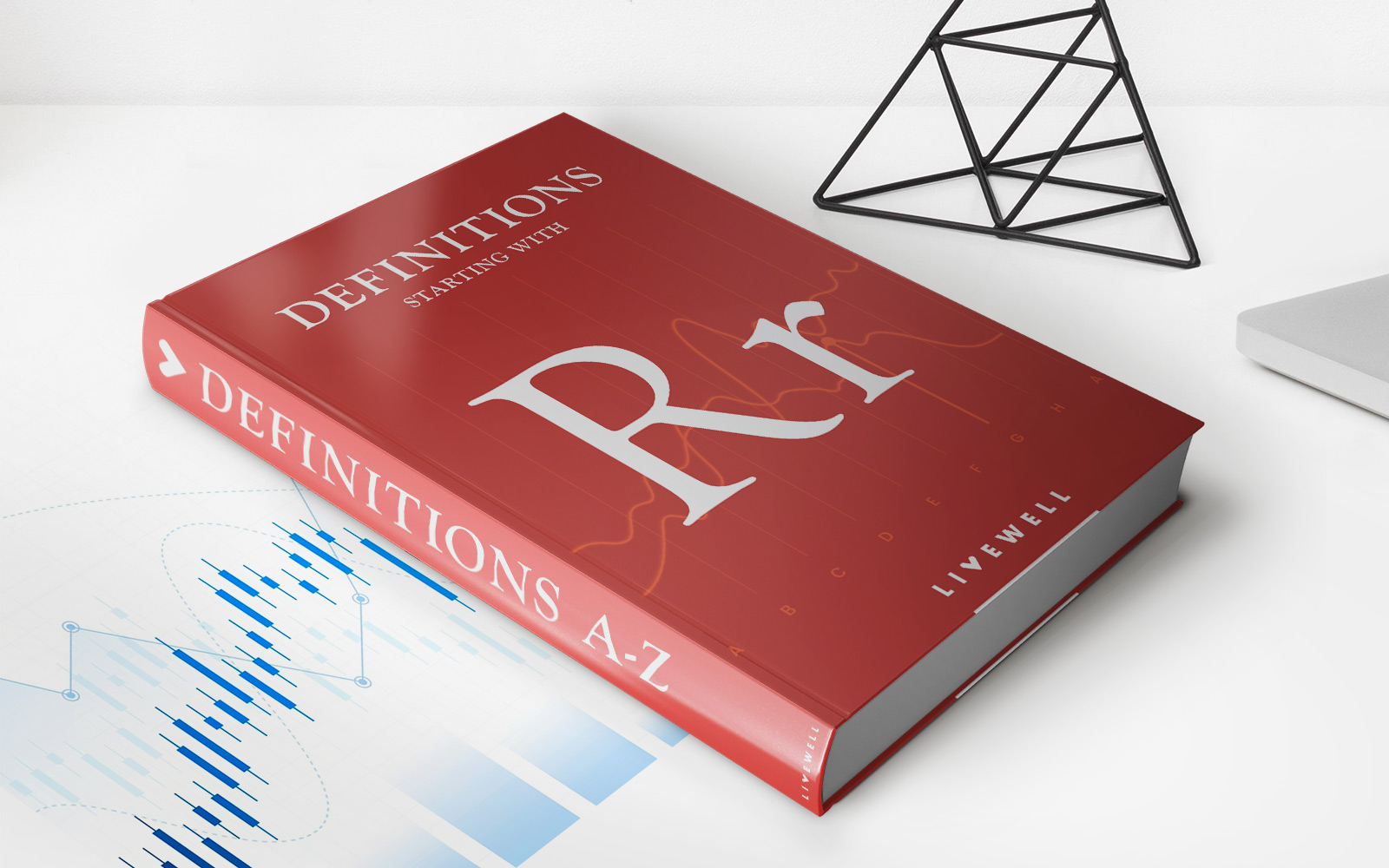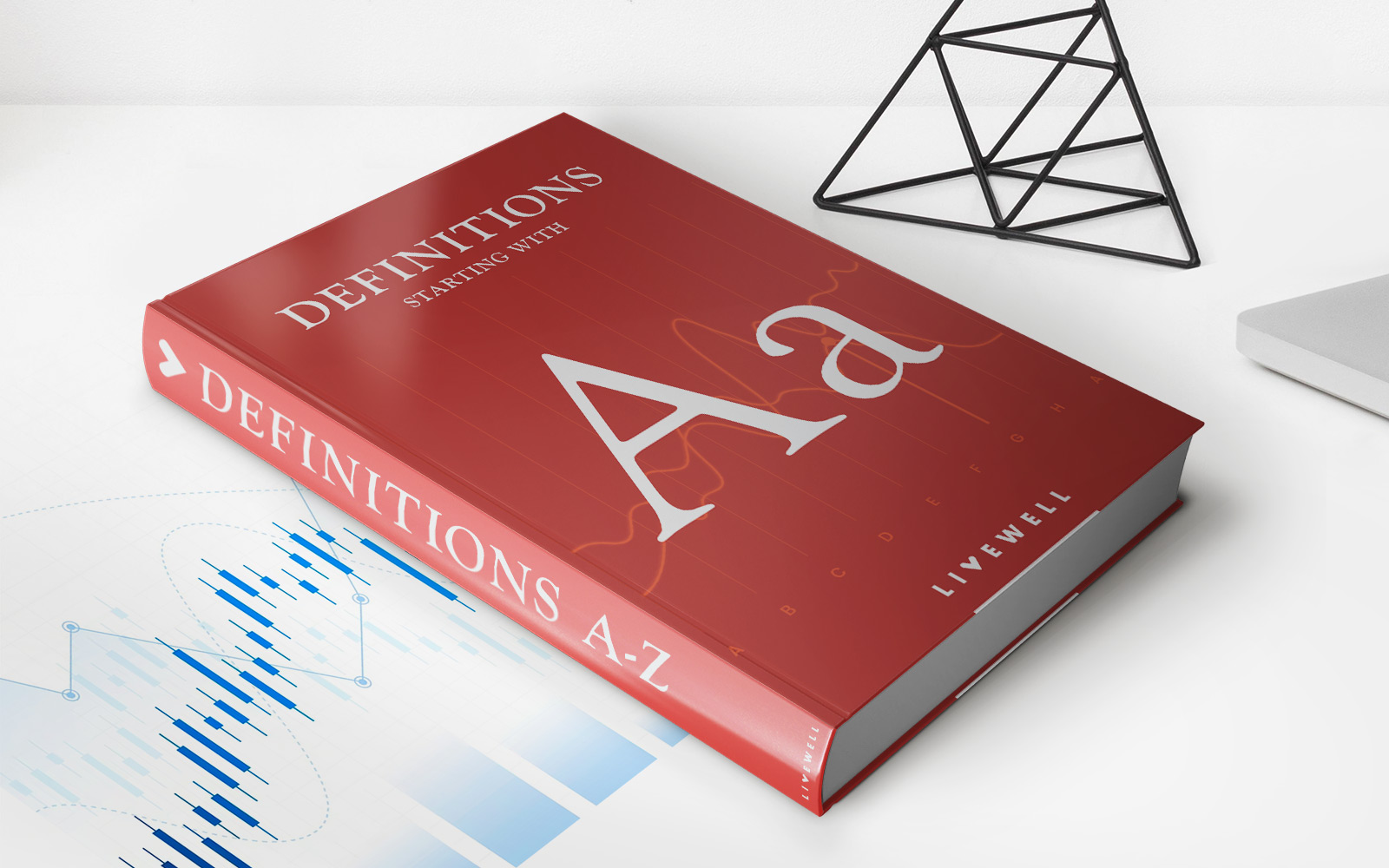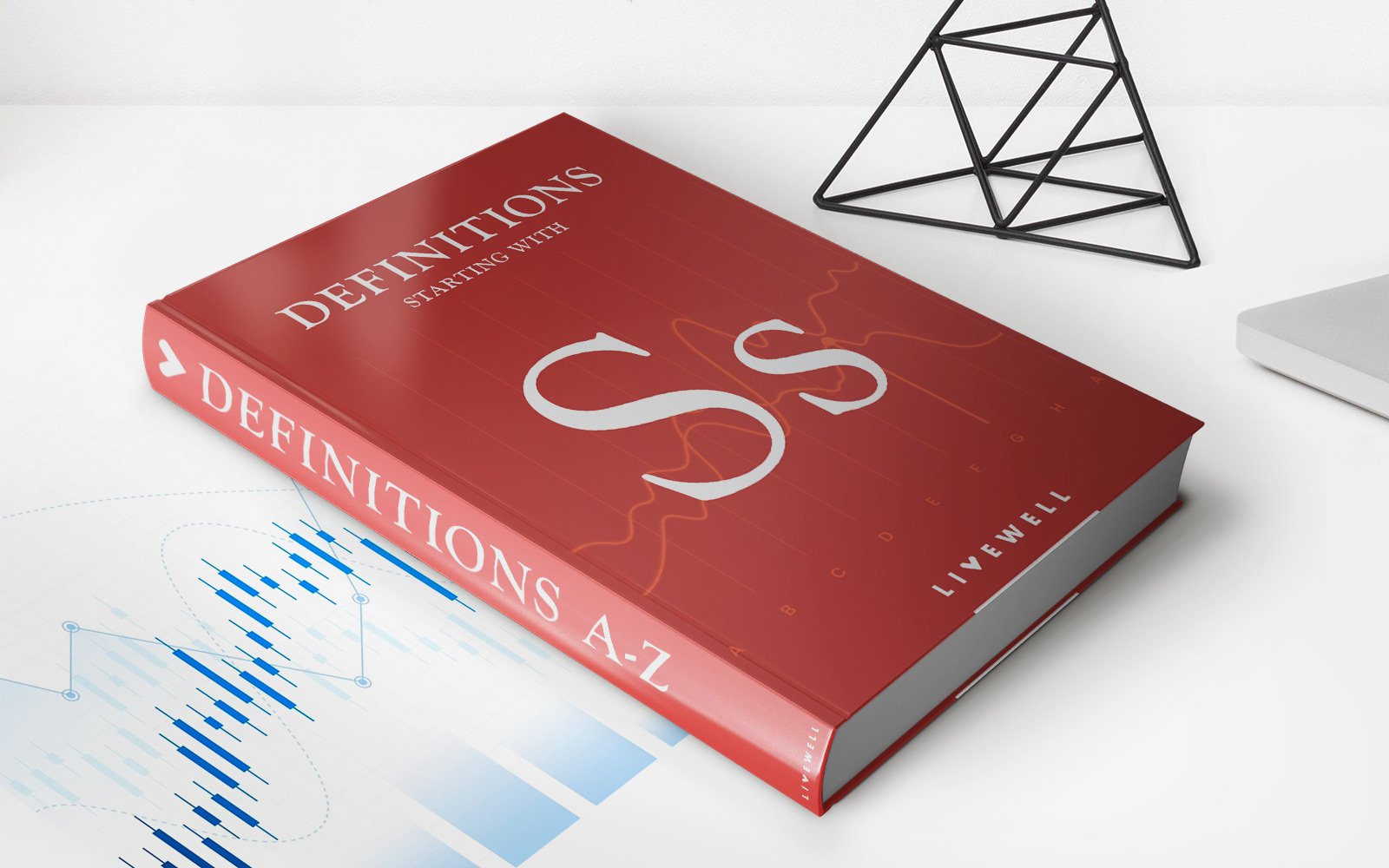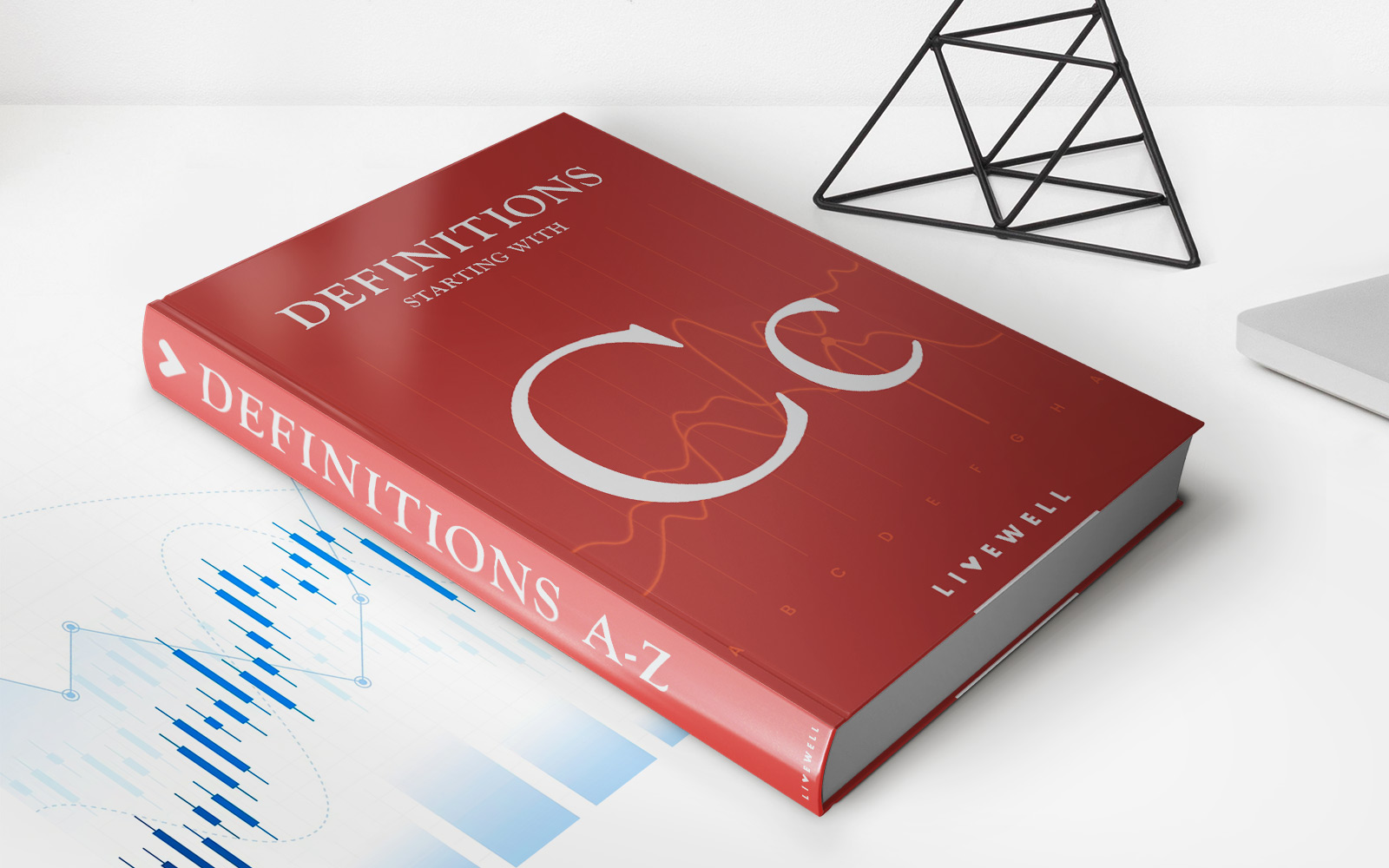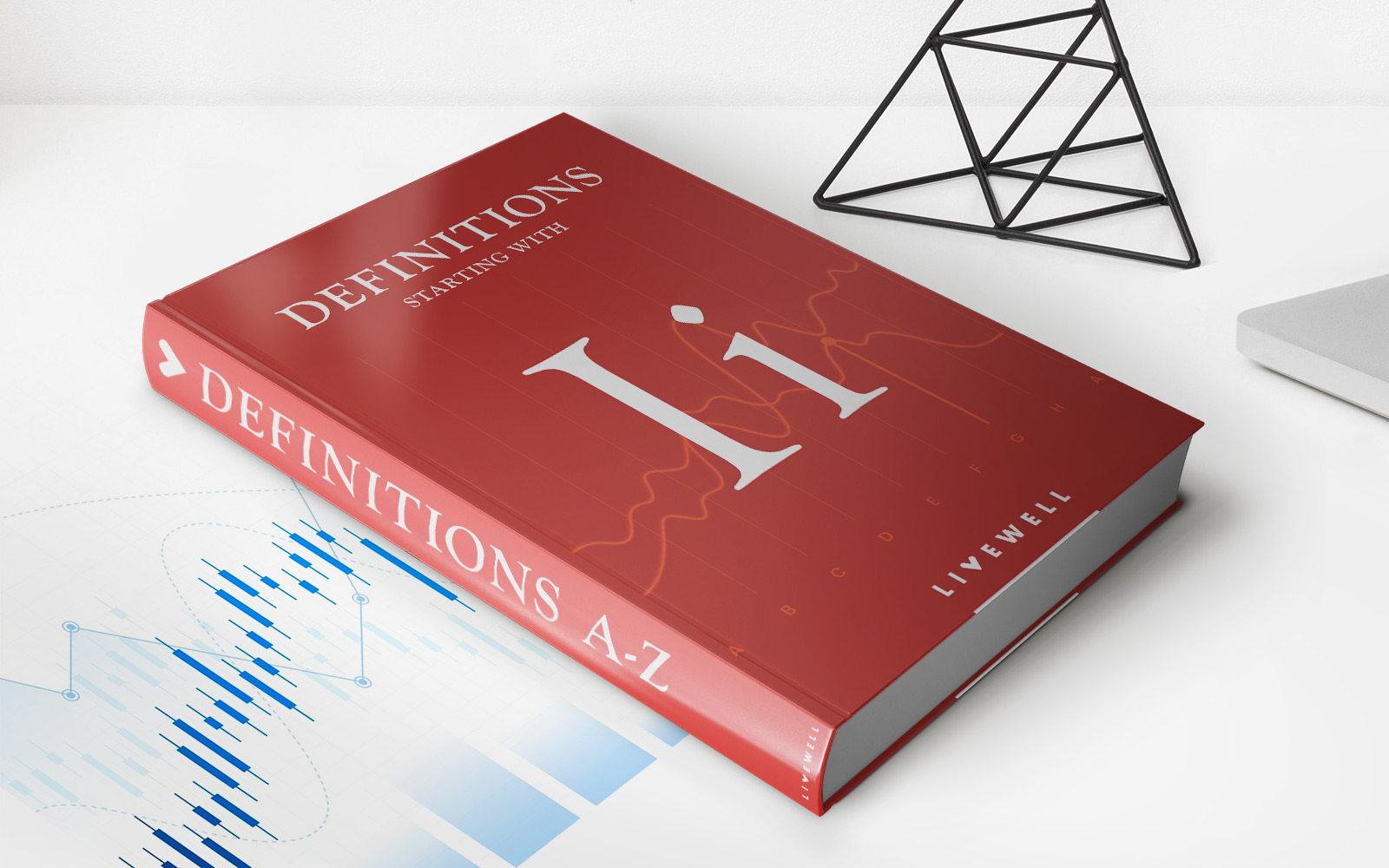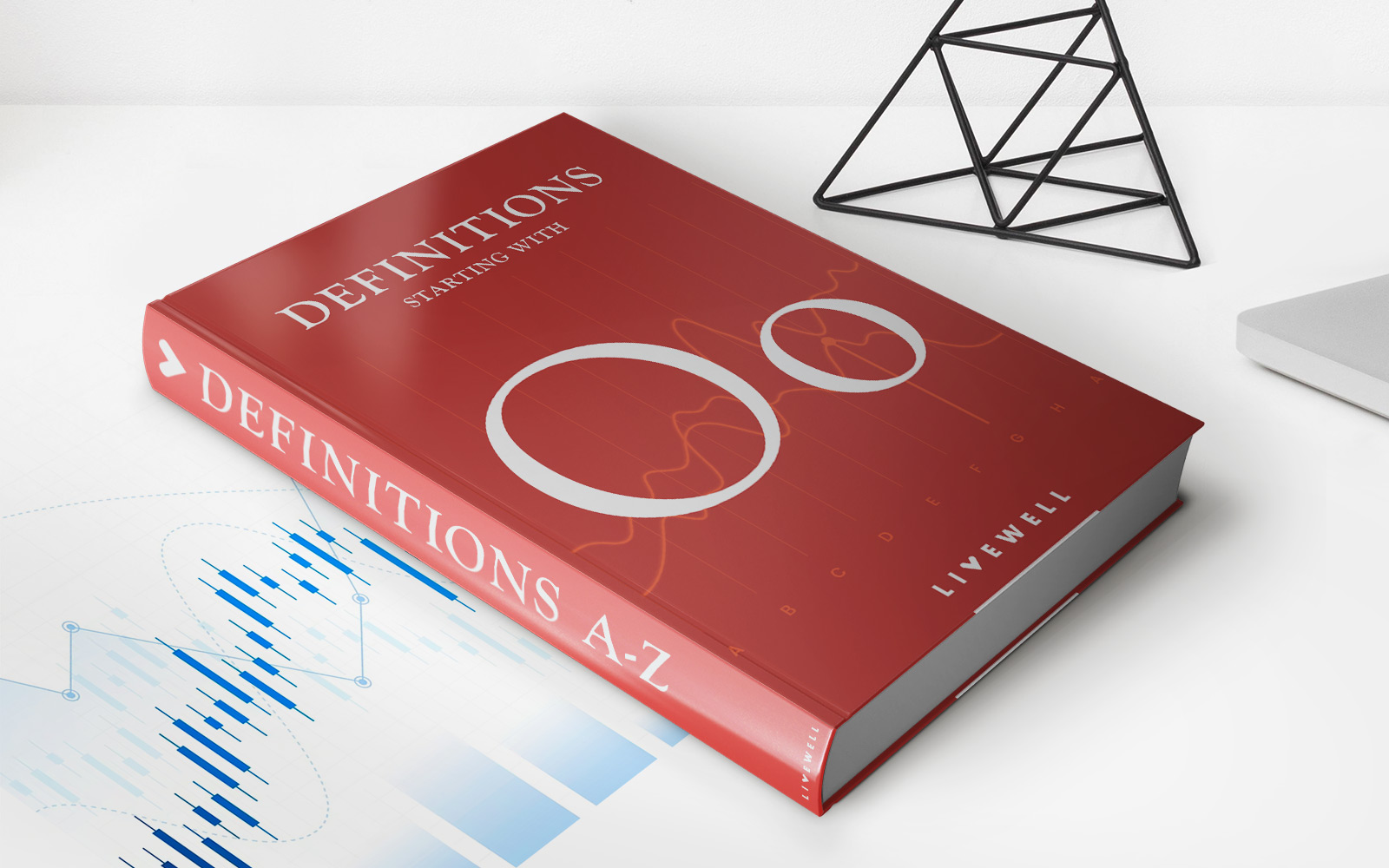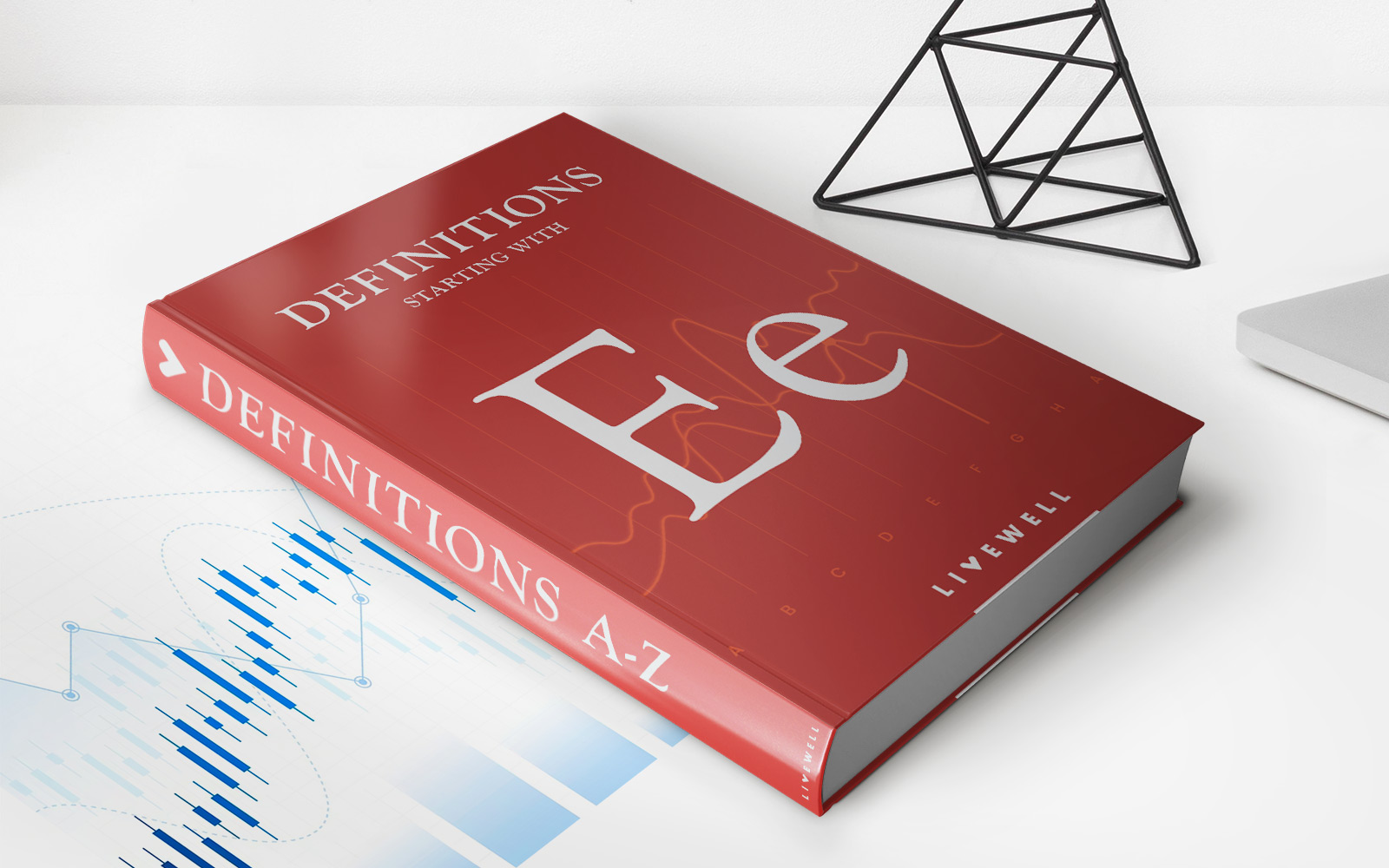Home>Finance>Time Value: Definition, Role In Extrinsic Value, And Calculation
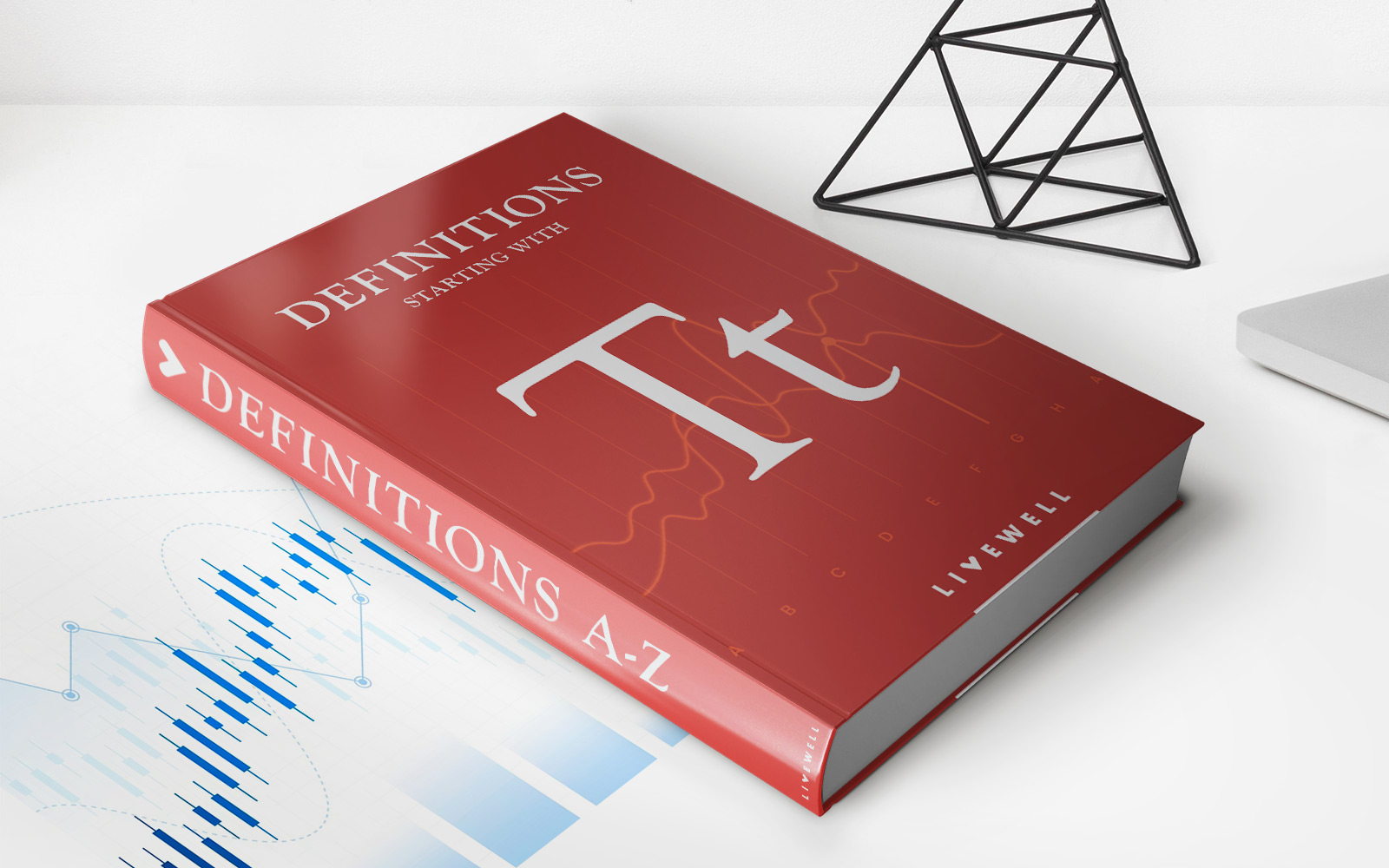

Finance
Time Value: Definition, Role In Extrinsic Value, And Calculation
Published: February 8, 2024
Discover the definition and role of time value in finance. Learn how to calculate its impact on extrinsic value and make informed investment decisions.
(Many of the links in this article redirect to a specific reviewed product. Your purchase of these products through affiliate links helps to generate commission for LiveWell, at no extra cost. Learn more)
Introduction:
Key Takeaways:
- Time value refers to the idea that the value of money changes over time due to various factors such as inflation, interest rates, and opportunity costs.
- Time value plays a crucial role in determining the extrinsic value of options and is a fundamental concept in financial decision-making.
Are you familiar with the term “time value”? If not, don’t worry! In this article, we will dive deep into the concept of time value and understand its definition, role in extrinsic value, and calculation. By the end of this article, you will have a clear understanding of the importance of time value in finance.
Definition of Time Value:
Time value is a financial concept that recognizes the fact that money available at different points in time has different values. The value of money today is considered to be higher than the same amount of money in the future due to several factors:
- Inflation: Inflation erodes the purchasing power of money over time. Therefore, the value of money decreases as time passes.
- Opportunity cost: Money has the potential to earn interest or be invested to generate returns. By holding onto money, you forego the opportunity to earn that return, resulting in a decrease in the value of the money over time.
Understanding the concept of time value is essential for individuals and businesses making financial decisions as it helps them consider the impact of time on the value of money.
Role of Time Value in Extrinsic Value:
In finance, options are financial derivatives that give the holder the right, but not the obligation, to buy or sell an underlying asset at a predetermined price within a specified period. The extrinsic value of an option, also known as the time value, is influenced by a variety of factors, one of which is the time remaining until the option’s expiration date.
The time value component of an option represents the premium paid by investors for the possibility of seeing the market conditions move in their favor before the option expires. The longer the time remaining until the option expires, the higher the extrinsic value, as there is a greater probability of favorable market movements.
Calculation of Time Value:
Calculating time value requires the use of financial formulas. One commonly used formula is the discounted cash flow (DCF) method, which calculates the present value of future cash flows. Below are the general steps to calculate time value:
- Determine the future value (FV) of the amount of money or cash flows at a specific future point in time.
- Adjust the future value by applying a discount rate to account for factors such as inflation, interest rates, and opportunity costs.
- The resulting present value (PV) is the value of the money or cash flows in today’s terms, taking into consideration the effects of time.
Knowing how to calculate time value can help individuals and businesses make informed financial decisions, whether it’s evaluating investment opportunities, determining the value of an option, or planning for future financial needs.
Conclusion:
Time value is a fundamental concept in finance that acknowledges the changing value of money over time. By understanding time value and its role in extrinsic value, individuals and businesses can make better financial decisions that consider the impact of time on the value of money.
So the next time you come across the term “time value,” you’ll have a better grasp of what it means and why it matters in the world of finance.
